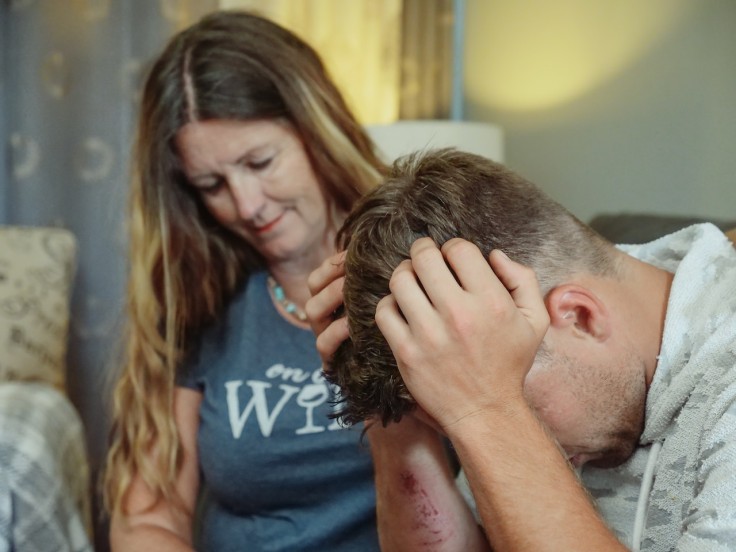
Suicide is one of the top causes of death in the United States. In 2022 alone, over 49,000 people died by suicide.
That is equal to about one death every 11 minutes. In addition, at least 13.2 million US adults considered suicide, 3.8 million made a plan, and 1.6 million attempted to off themselves.
That is according to a report released by the Centers for Disease Control and Prevention (CDC) on Sept. 10. The report was released on the same day as World Suicide Prevention Day.
Suicide Rates and Causes
Suicide rates decreased by 5% between 2018 and 2020. However, rates soared again in 2022, peaking at more than 49,000 deaths that year. Dr. Mitch Prinstein, chief science officer at the American Psychological Association, called this the "silent epidemic," per CNN.
The exact causes of suicide were not specified in the study. However, the CDC found that residents living in counties with a lack of broadband internet access, lower levels of health insurance coverage, and lower household income reported higher suicide rates.
The CDC study also found that suicide rates were highest among non-Hispanic American Indian or Alaska Native people.
Reducing Suicide Risks
One of the best ways to prevent suicide is to regularly check in on loved ones. This should be done regardless of whether they've previously voiced concerns about their mental health. By doing this, it will be easier to notice any changes. Seeing the early signs will also allow you to offer your loved ones the support they need before they begin considering suicide.
Some behavioral and emotional changes to watch out for include:
Giving away personal items and cherished belonging
Excessive sleeping
Insufficient sleeping
Isolation
Getting intoxicated
Substance abuse
Loss of interest in activities
Another way to reduce suicide risks is to identify triggers and stressors. It is important to remember that the stressor of one person would not necessarily have the same impact on others.
Furthermore, it is important to show your loved one support when they voice concerns about their mental health. Listen to them, thank them for opening up about their feelings, and offer to help them figure things out.
Having said that, avoid giving unsolicited advice. Also, avoid dismissing their problems and giving them "reasons" to stay alive.
If you or someone you know is struggling with mental health issues or is having thoughts of suicide, please contact 1-800-273-TALK (8255). You can also contact the Suicide & Crisis Lifeline at 988.